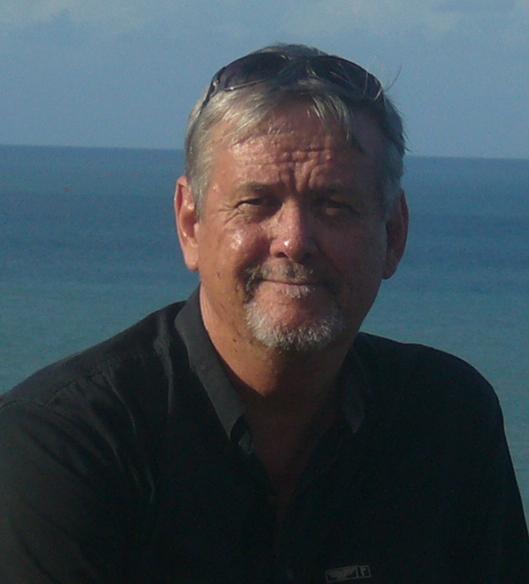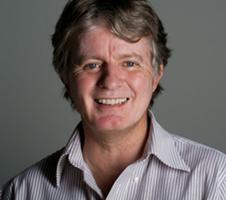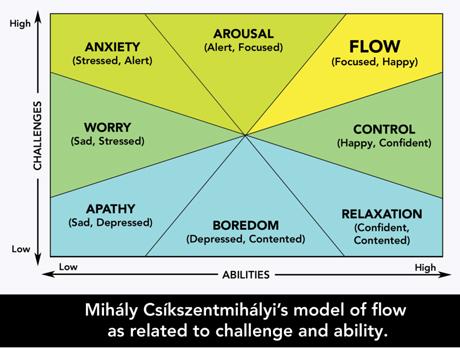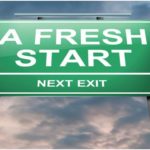The fight or flight response has long been understood as a deeply seated human reaction to pressure or stress. Biologically, when it occurs, adrenaline and cortisol are released into our bloodstream. This causes our respiratory rate to increase, our pupils to dilate, blood is taken away from our digestive tract and it is directed into our muscles and limbs. We are thereby given the ability to either flee or stay and put up a fight.
When our deep seated frontal brain cortex fight or flight system is activated, we ten to perceive everything in our environment as a possible threat to our survival. Although this may have been very necessary many years ago to survive a harsher world, this reaction is often less appropriate today, especially in the western world, when the triggers are considerably smaller and our body is therefore over-reacting. In these circumstances, fear becomes the lens through which we see the world and we need an alternative to fight or flight – this is where the concept of “flow” is very useful.
Flow is one of the more interesting ideas to come out of the psychology in recent years. It simply suggest that “flow” is a real and selectable alternative to either flight or fight. Flow is, in a nutshell, what some might describe as “being in the zone” or “hitting your stride” or “firing on all cylinders.” It’s likely you’ve experienced it – if not in ministry, then perhaps while playing a sport or involved in something creative. The Claremont university professor of psychology, Mihaly Csikszentmihalyi has described a flow state as including “a sense that one’s skills are adequate to cope with the challenges at hand in a goal-directed, rule-bound action system that provide clear clues as to how one is performing.” This comes down to the interplay between challenge and skill. When both are higher than your average, you can obtain flow (or what Czikszentmihalyi shows below in the top right of this chart):
We achieve flow when our challenges are satisfyingly high and perceived abilities to tackle them are high also. In fact the more we seek to increase our abilities by learning new skills and acquiring greater knowledge, flow, control and the capacity to relax are made much easier. If we don’t do this, we start to experience the problematic left-hand side of the above chart – apathy, worry and anxiety.
Csikszentmihalyi goes on to describe five ways that individuals can cultivate or develop their own capacity to adopt flow as a reaction. These are:
- Set personal goals which can offer clear and immediate feedback,
- Become as immersed and focused as possible on each particular activity,
- Pay attention to what is happening in the moment,
- Learn to enjoy immediate experience,
- Proportion your skills to the challenge at hand (and save some energy where you can).
Csikszentmihalyi also offers advice to leaders on how to help individuals and teams attain flow in their work. Success, he says, has traditionally come from a combination of “two very different prerequisites: 1. a reasonable level of resources and the technology to use them; and 2. a defined set of goals that helped their team overcome the inevitable obstacles and tragedies inherent in living. If either of these conditions is absent, life devolves to a selfish scramble; if both are lacking, it becomes utterly hopeless.” “We need a certain amount of stability in our lives,” adds Csikszentmihalyi. “But it is not enough simply to know that the sun is going to rise the next morning, and that the robins will return in the spring. We also have to feel that despite chaos and entropy, there is some order and permanence in our relationships and that our lives are not wasted, and will leave some trace in the sands of time. In short, we must have the conviction that our existence serves a useful purpose and has value.”
Summary
Flow, at the simplest level means accepting a surprise or unexpected change and rejecting what may be an immediate reaction towards fight or flight. In other words, flow means changing oneself to adapt to the new reality. Once this path has been chosen, further worry and concern are counterproductive because they sap the energy required to change. Flow is therefore the optimal choice to cope with a range of life challenges, large and small and represents a real choice that individuals have. Once chosen, it offers an extremely useful path to start to appreciate the positives in the new reality being faced.

Colin is the Director of ResourceZone International. He has 30 years of ministry experience as a pastor, college lecturer and consultant/coach to consultants, denominational leaders and local church pastors. He can be reached at info@resourcezoneinternational.com

Dr. Jon Warner is a prolific author, management consultant and executive coach with over 25 years experience. He has an MBA and a PhD in Organizational Psychology. Jon can be reached at OptimalJon@gmail.com





Comment here